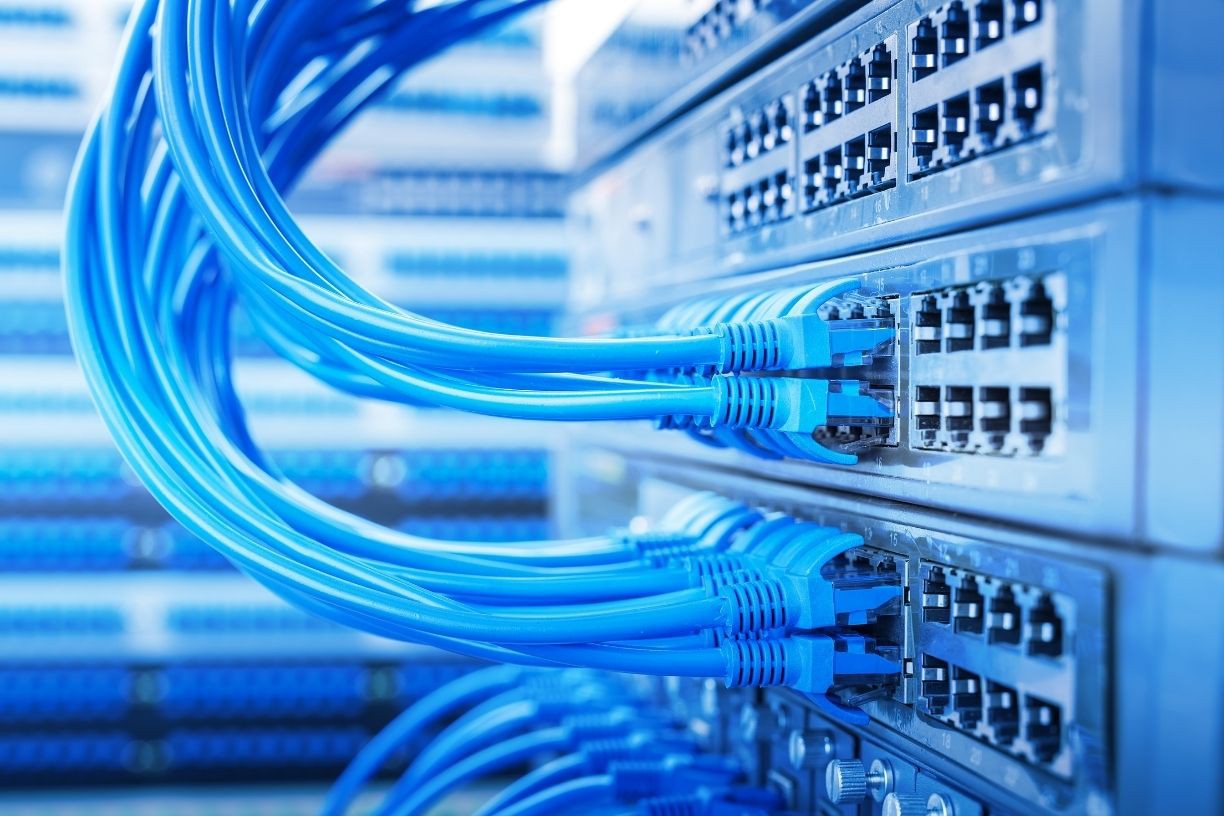The two most common reasons why people lean toward copper Ethernet cables are their cost-effectiveness and their reliability. Copper is among the best conductors, and it has many other qualities that make it the go-to material for creating Ethernet cables. Here are a few more reasons why copper is preferred for Ethernet cables.
Protection from Interference
Copper isn’t just very conducive—it has also proven its ability to be used as a protective shielding agent against interference. Therefore, copper is often used to prevent electromagnetic currents from interfering with signal and connection. With copper-shielded Ethernet cables, there will be few to no service interruptions and failures.
The percentage of copper in the Ethernet cable determines what the connection and accessibility will look like. There are different varieties of copper cables—some with pure copper and others with aluminum and copper threaded throughout. The higher the copper percentage in your cable, the less likely you’ll be to experience interference of any kind.
It Can Be Solid or Stranded for Your Needs
Solid Ethernet cables are exactly what they claim to be: solid. By going with a solid cable, you’ll have virtually no interference and a very strong and reliable connection—but you’ll forgo tensile strength and ductility. So, it’s best to choose this variety for a permanent, direct connection.
With stranded Ethernet, multiple-stranded wires of copper are linked together in a braid that can be twisted and maneuvered. These cables can be mass produced, coming in larger and longer sizes than their counterparts, which makes them ideal for Ethernet on the go. Whichever choice you make will be great, but the ideal choice will depend on your work area and how mobile you need to be.
Strength and Flexibility
Copper offers at least twice the strength of aluminum, with the ability to resist cracking, stretching, and even breakage. This metal’s ductility is high, which allows it to be down scaled without affecting its integrity and strength. This means it can be made as small or large as necessary with the ability to be twisted and maneuvered without any problems or interruptions in connectivity.
Heat and Corrosion Resistance
Copper also has amazing thermal expansion properties—it’s mostly heat and corrosion resistant. Copper is also mostly resistant to moisture, which makes it very effective at handling higher temperatures and avoiding corrosion altogether.
It’s important to know why copper is preferred for Ethernet cables whenever you’re in the market for the best that money can buy. With copper’s strength and reliability, it’s no wonder why people tend to lean toward copper Ethernet cables more than any other.










